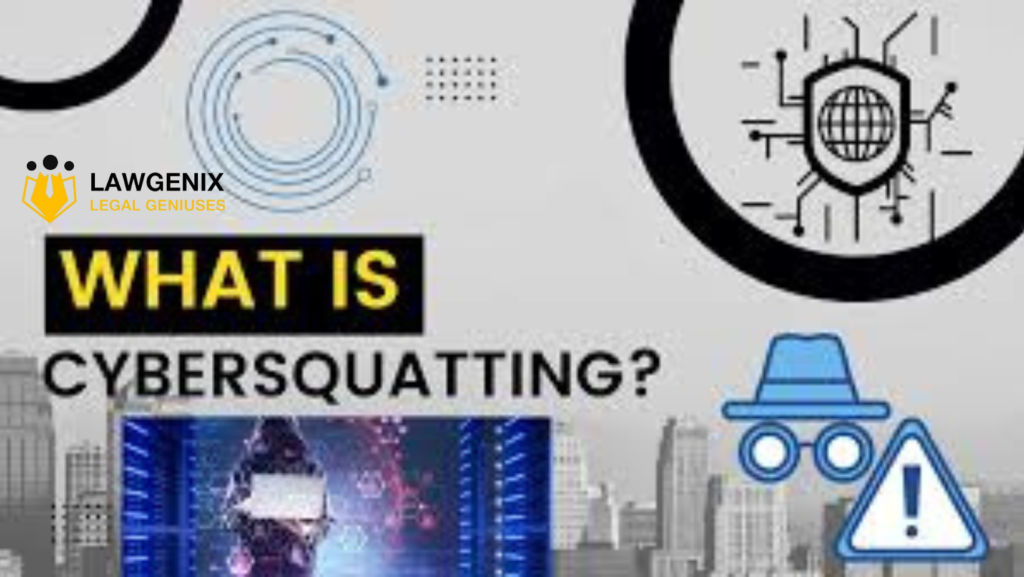Cybersquatting is the practice of registering a domain name that is similar or identical to a trademark belonging to someone else. The major factor involve in this is intention of selling the domain name to the trademark owner or to profit from the trademark owner’s goodwill. This is often done with the goal of
capitalizing on the traffic and attention that the trademark generates and can cause significant harm to the trademark owner’s business and reputation.
The rise of the internet has made it easier for individuals and businesses to register domain names. And, therefore cybersquatting has become a significant issue for trademark owners. Trademark owners can face a number of problems as a result of cybersquatting, including lost business opportunities,
harm to their reputation, and decreased consumer trust.
- For example: Registering domain names that are similar to well-known trademarks (e.g. “googlesearch.com” instead of “google.com”).
- Registering domain names with slight variations of popular trademarksor names (e.g. “facebok.com” instead of “facebook.com”).
- Registering domain names that are typo variants of popular trademarks or names (e.g. “facebolk.com” instead of “facebook.com”).
- Registering domain names that are similar to the names of famous individuals (e.g. “justinbiebermusic.com” instead of “justinbieber.com”).
- Registering domain names that are similar to popular products or services (e.g. “amzonshopping.com” instead of “amazon.com”).
There are a number of legal remedies available to trademark owners to protect their rights. The remedies include lawsuits and administrative proceedings. The
World Intellectual Property Organization (WIPO) provides a fast and effective way to resolve disputes through its Uniform Domain Name Dispute Resolution
Policy (UDRP). This is a process for resolving disputes between trademark owners and domain name registrants in a cost-effective and timely manner.
In conclusion, cybersquatting is a harmful practice that can cause significant harm to trademark owners and their businesses. It is important for trademark owners to be vigilant in protecting their rights and to take appropriate legal action to prevent cybersquatting from causing harm to their business and
reputation. By taking proactive measures to protect their trademarks and seeking legal remedies when necessary, trademark owners can help to
minimize the risk of cybersquatting and maintain the value of their trademarks in the digital age.

